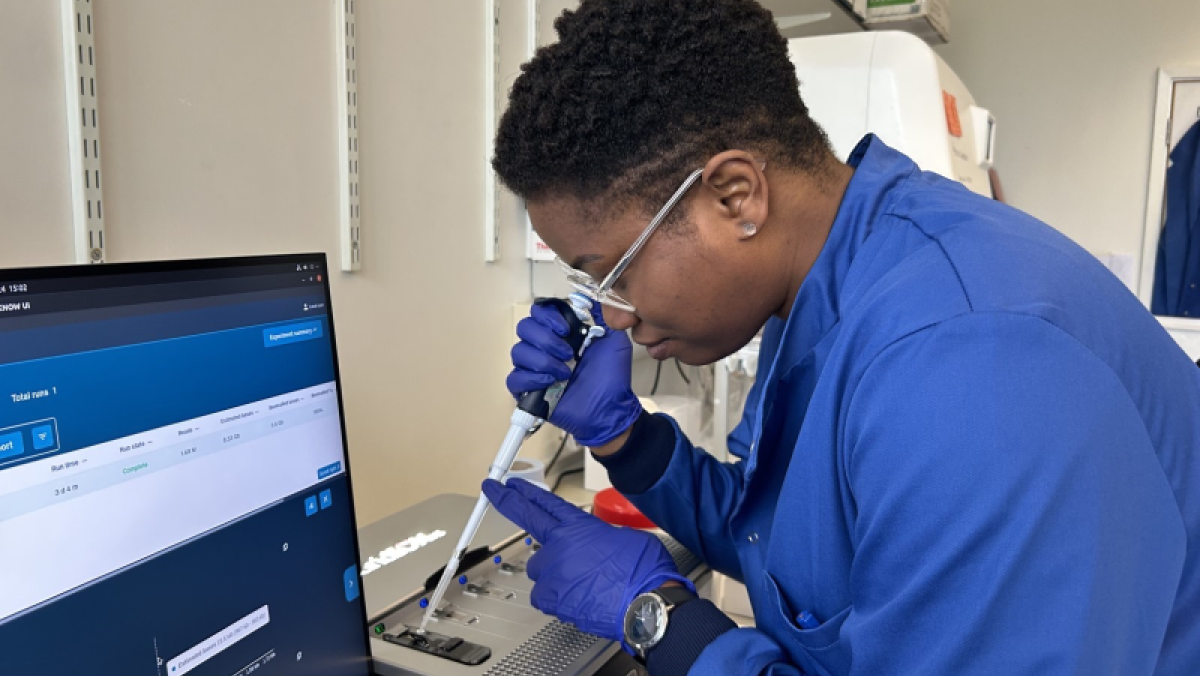
Why are some babies infected with antibiotic-resistant bacteria in their early days of life?
Antibiotic resistance to sepsis is a leading cause of deaths in newborns, with 99% of global newborn mortality occurring in low-and-middle income countries.
A team of researchers at the IOI are conducting an international study across Africa and Asia to investigate what causes antibiotic-resistant bacterial infections in newborn babies within their first two years of life.
The IOI study Burden of Antibiotic Resistance in Neonates from Developing Societies (BARNARDS) aims to reduce the prevalence of neonatal sepsis. Working with doctors, community leaders and mothers, the team look at the specific needs of each site and provide support and tools to reduce the impact of antibiotic resistance on the health of newborn babies. For instance, in Nigeria, BARNARDS set up a Microbiology Lab at the Murtala Muhammad Specialist Hospital Kano for accurate diagnosis of sepsis in the newborn babies and subsequent management and treatment of the infection.
Interventions within the first phase of the project led to a significant decrease in infant mortality rates from 40% to 17% over a two-year period of the project at the Kano site (Murtala Mohammed Specialist Hospital, Kano).
Chinenye ‘Chy’ Akpulu first became involved with BARNARDS while working as a Research Assistant for the project at National Hospital Abuja, Nigeria.
I am drawn to research that directly benefits people, and the work that the BARNARDS team were doing really resonated with me - not just scientific enquiry but helping the community itself by translating research into better clinical outcomes.

Chy is now a PhD student at the IOI, studying if the presence of antibiotic-resistant bacteria in babies could be linked to their gut microbiome, the community of bacteria that live in their stomachs.
We know that some bacteria in the gut carry resistance genes, but we do not know how some babies acquire these resistant bacteria so early in life or indeed how the bacteria in the newborn babies acquire the resistance genes. This is what my research is trying to understand.

Chy will collect and analyse data sampled from mothers and babies in Nigeria across the first two years after a baby is born.
Alongside Chy’s work, this study will be mirrored in Pakistan by IOI PhD student Rida Toufiq, producing a global dataset to inform action on newborn sepsis.
Chy hopes the data analysed from her study will inform real change in the community – from increasing awareness of antimicrobial use in new mothers and newborn babies, to briefing policymakers and the medical community, all with the aim of making caregivers better informed in how they give antibiotics to babies.
I didn’t intend to undertake a PhD project, but I was drawn to the collaborative work of the Walsh lab and the huge impact that this project could have on my home country, and across the globe.

Learn more about IOI research on AMR burden through the BARNARDs study.
